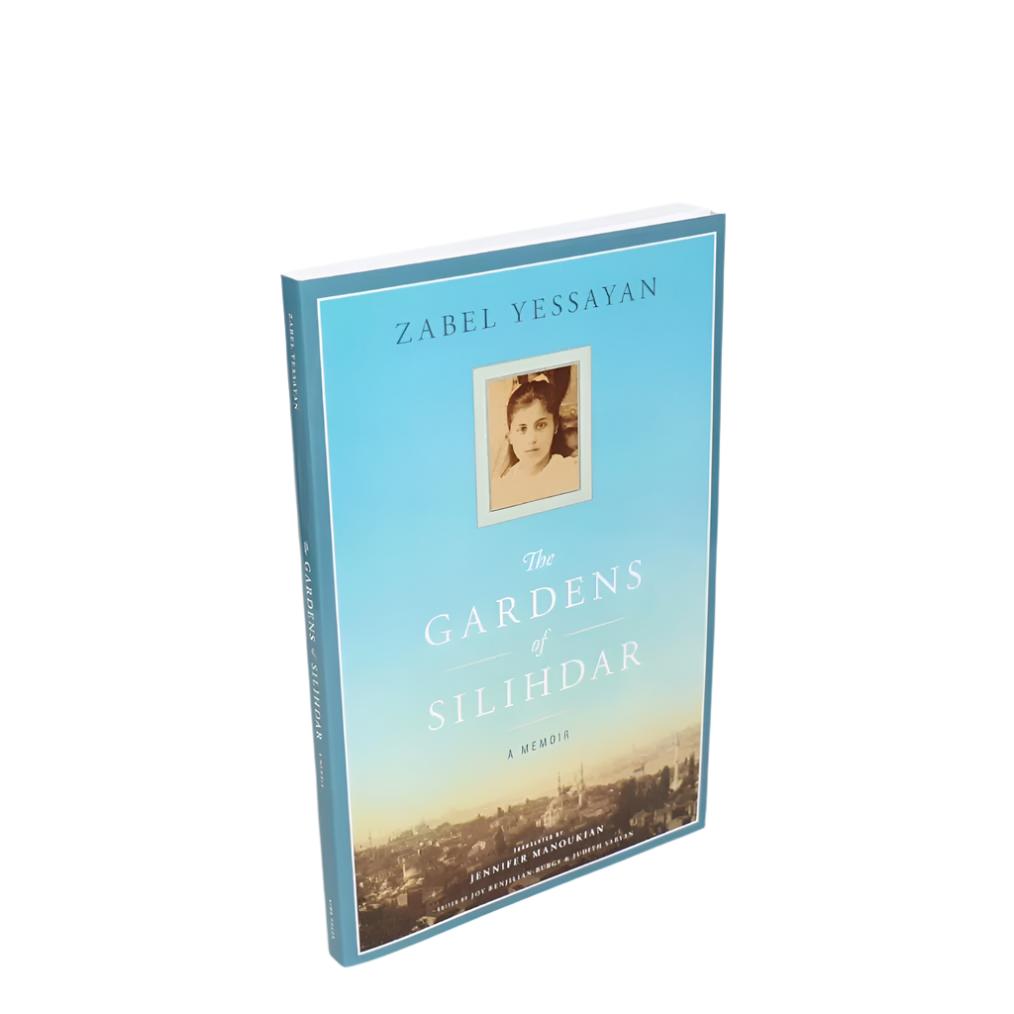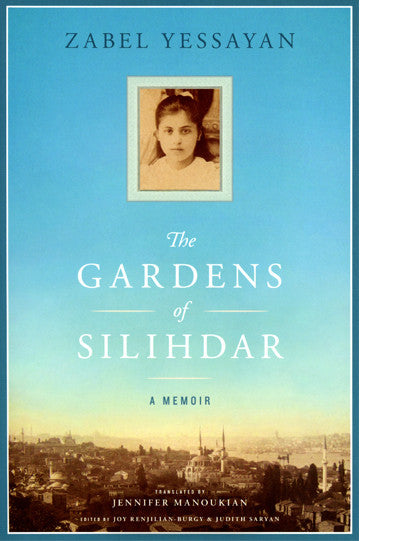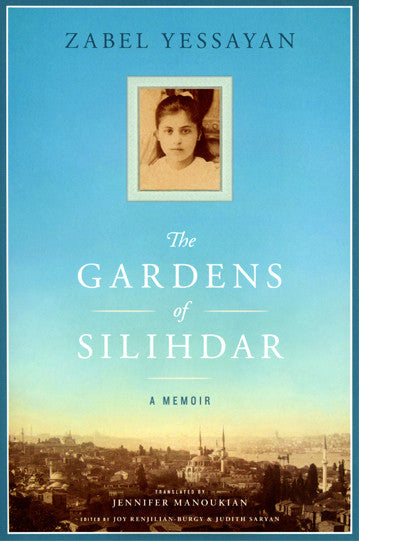By Zabel Yessayan
From her earliest years until her tragic death, Zabel Yessayan championed social justice and women's rights. Even as a young woman, she fought against the injustices she saw at school, refused to accept the restrictions placed on girls in her community, and demonstrated a fierce determination to succeed in the literary world at a time when few women were allowed entry. Yessayan authored several novels, short stories, newspaper articles an eyewitness accounts of the aftermath of the 1909 massacres of the Armenians. Her 1935 memoir, The Gardens of Silihdar, is a poignant narrative of her childhood and a vivid account of Armenian community life in Constantinople (Istanbul) at the end of the nineteenth century. Author, educator, and social activist, Zabel Yessayan (1878-1943) is recognized today as one of the greatest writers in Western Armenian literature.
- Gallery
- Description


By Zabel Yessayan
From her earliest years until her tragic death, Zabel Yessayan championed social justice and women's rights. Even as a young woman, she fought against the injustices she saw at school, refused to accept the restrictions placed on girls in her community, and demonstrated a fierce determination to succeed in the literary world at a time when few women were allowed entry. Yessayan authored several novels, short stories, newspaper articles an eyewitness accounts of the aftermath of the 1909 massacres of the Armenians. Her 1935 memoir, The Gardens of Silihdar, is a poignant narrative of her childhood and a vivid account of Armenian community life in Constantinople (Istanbul) at the end of the nineteenth century. Author, educator, and social activist, Zabel Yessayan (1878-1943) is recognized today as one of the greatest writers in Western Armenian literature.

